
The Life and Legend of Robert Johnson: The Bluesman Who Made a Deal with the Devil
The story of Robert Johnson, one of the most iconic and mysterious figures in the history of American music, is steeped in myth, mystery, and the haunting melodies of the blues. Born in 1911 in Hazlehurst, Mississippi, Johnson's life was tragically short, but his influence on music has been profound, sparking the imagination of countless musicians and blues enthusiasts alike.
Early Life: From the Delta to the Guitar
Robert Johnson was born into a world of hardship in the heart of the Mississippi Delta, a region renowned for its rich musical heritage and deep cultural history. His early years were marked by the struggles common to African Americans in the Jim Crow South—poverty, limited opportunities, and a constant battle against racial injustice.
Johnson was drawn to music at a young age, influenced by the sounds of early blues legends like Son House and Charley Patton. However, his early attempts at playing the guitar were met with little success, leading him to temporarily put aside his musical ambitions in favor of a more stable life as a sharecropper.
But the pull of the blues was too strong. Johnson's passion for music soon led him back to the guitar, and he began to hone his skills, practicing relentlessly. It was during this period that the legend of Robert Johnson began to take shape, fueled by whispers of his extraordinary talent and the mysterious circumstances under which it was supposedly acquired.
The Devil at the Crossroads: The Birth of a Myth
One of the most enduring and captivating aspects of Robert Johnson's legacy is the myth that he sold his soul to the devil in exchange for his musical prowess. According to the legend, Johnson took his guitar to a crossroads at midnight, where he encountered the devil, who tuned his guitar in exchange for his soul.

From that moment on, Johnson's guitar playing was said to have been otherworldly, his fingers moving with a speed and precision that seemed almost supernatural.
While this story is undoubtedly a myth, it speaks to the awe and reverence that Johnson's contemporaries had for his talent. His music was unlike anything that had come before—a raw, emotive, and deeply personal expression of the human experience. Songs like "Cross Road Blues," "Hellhound on My Trail," and "Me and the Devil Blues" are haunting and powerful, filled with themes of despair, longing, and an ever-present sense of doom.
A Brief but Brilliant Career
Robert Johnson's career was astonishingly brief, spanning just a few years in the mid-1930s. He traveled across the South, performing wherever he could—in juke joints, on street corners, and at house parties. His performances were intense and captivating, drawing crowds and earning him a reputation as one of the best blues musicians of his time.
In 1936 and 1937, Johnson recorded 29 songs in two sessions—one in San Antonio, Texas, and the other in Dallas. These recordings, including "Sweet Home Chicago," "Love in Vain," and "Terraplane Blues," are now considered some of the most important and influential works in the history of the blues. Despite their relatively low fidelity, they capture the raw energy and emotion of Johnson's performances, and his intricate guitar work and soulful voice shine through.

Yet, despite his undeniable talent, Johnson never achieved widespread fame during his lifetime. He lived a transient and often difficult life, moving from town to
town, sometimes disappearing for months at a time. His mysterious persona only added to the intrigue that surrounded him, and his untimely death at the age of 27 cemented his status as a legend.
The Mystery of Robert Johnson’s Death
The circumstances of Robert Johnson's death are as shrouded in mystery as his life. On August 16, 1938, Johnson died near Greenwood, Mississippi, under unclear circumstances. Some accounts suggest he was poisoned by a jealous husband after flirting with a woman in a juke joint, while others speculate that his death was due to complications from syphilis. Whatever the cause, Johnson's death at the age of 27 placed him in the notorious "27 Club," alongside other musical legends like Jimi Hendrix, Janis Joplin, and Kurt Cobain.
Adding to the enigma, the location of Johnson's grave remains uncertain, with at least three different sites in Mississippi claiming to be his final resting place. This ambiguity only serves to enhance the mythos surrounding Johnson, leaving fans and historians to speculate about the true details of his life and death.
Legacy: The Father of the Blues
Despite his brief career and the relative obscurity he faced in his lifetime, Robert Johnson's influence on music cannot be overstated.

His recordings have inspired generations of musicians, from blues icons like Muddy Waters and B.B. King to
rock legends such as Eric Clapton and Keith Richards. Clapton, in particular, has called Johnson "the most important blues singer that ever lived," and his album "Me and Mr. Johnson" is a tribute to the bluesman's enduring legacy.
Johnson's music is also seen as a bridge between the rural blues of the Delta and the more modern electric blues that would emerge in cities like Chicago. His intricate guitar work, characterized by its fluidity and complexity, set a new standard for blues musicians and continues to be studied and admired by guitarists to this day.
Moreover, the mythology surrounding Johnson has made him a cultural icon, representing the archetypal bluesman who faced the hardships of life head-on and expressed them through his music. His story, with its blend of fact and fiction, continues to captivate audiences, ensuring that Robert Johnson's name and music will live on for generations to come.
Conclusion: The Enduring Power of Robert Johnson
Robert Johnson's life may have been brief, but his impact on music is immeasurable. His haunting voice, masterful guitar playing, and the mysterious legend that surrounds him have made him an enduring figure in American culture. Whether you're a seasoned blues enthusiast or just discovering his music for the first time, Robert Johnson's story is a testament to the power of music to transcend time, place, and even death.
So, the next time you hear the opening chords of "Cross Road Blues," take a moment to reflect on the life of the man who created it—a man who, according to legend, made a deal with the devil but who, in reality, gave his all to the music that still resonates today.

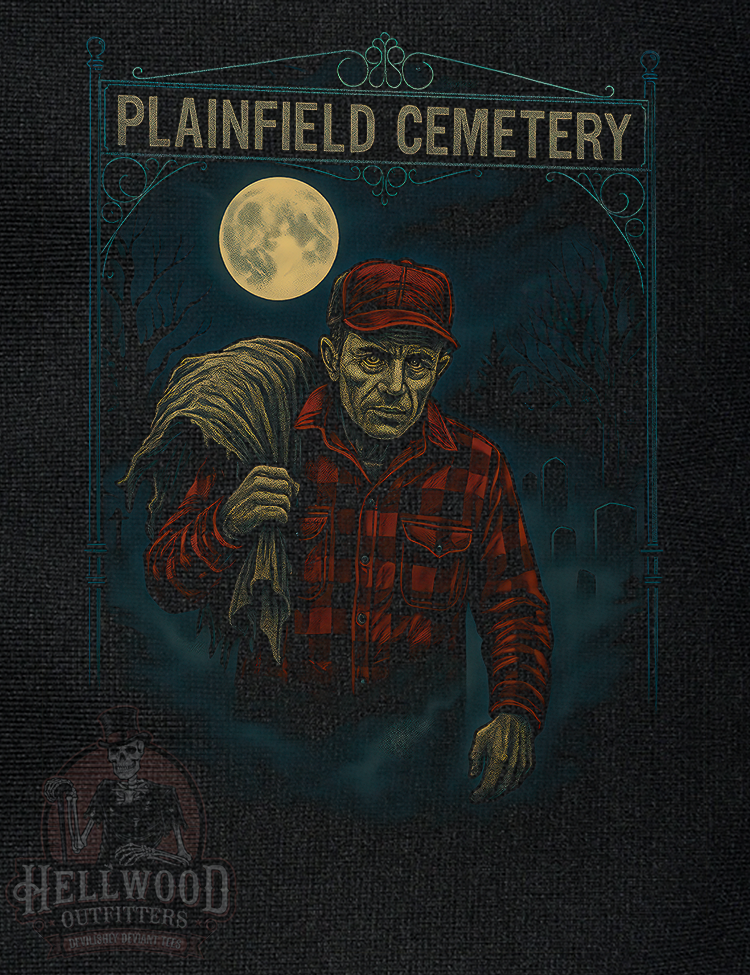

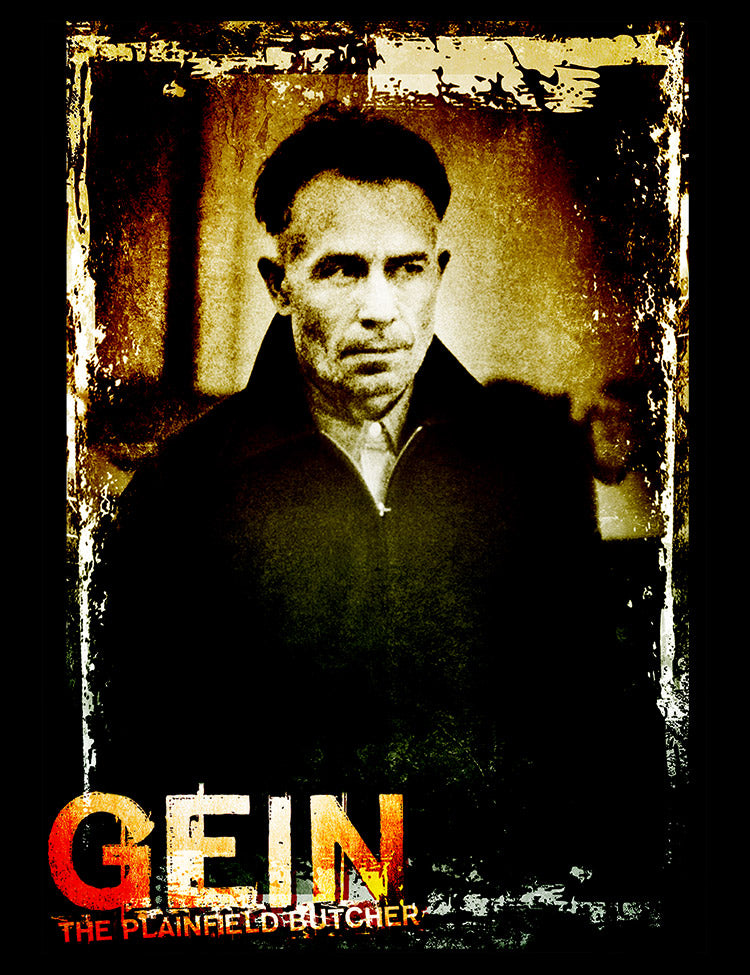

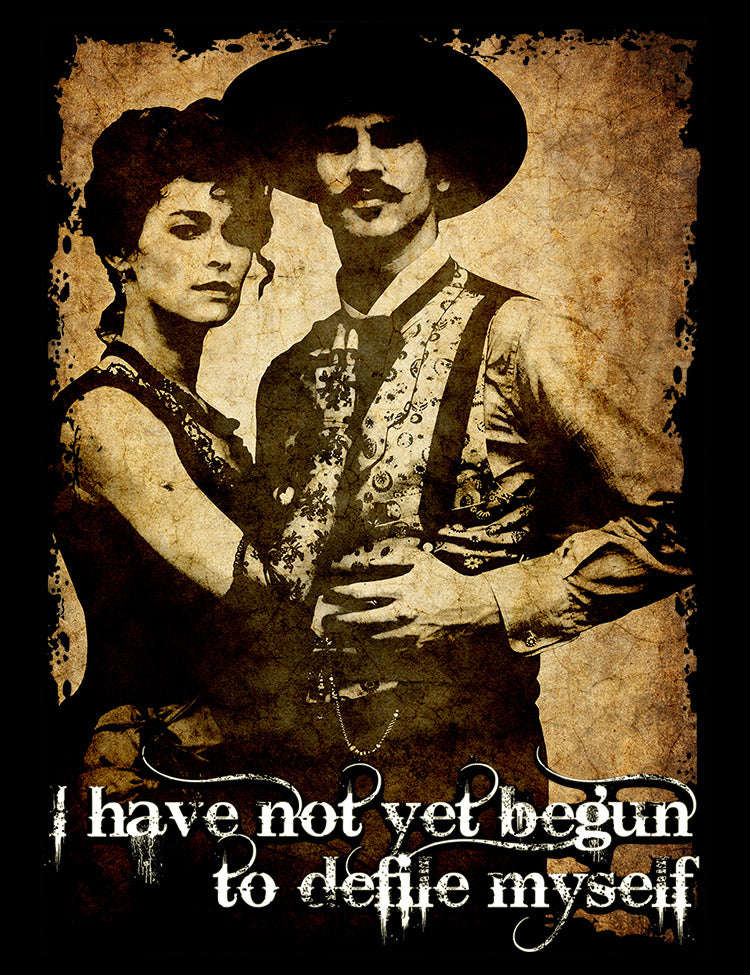
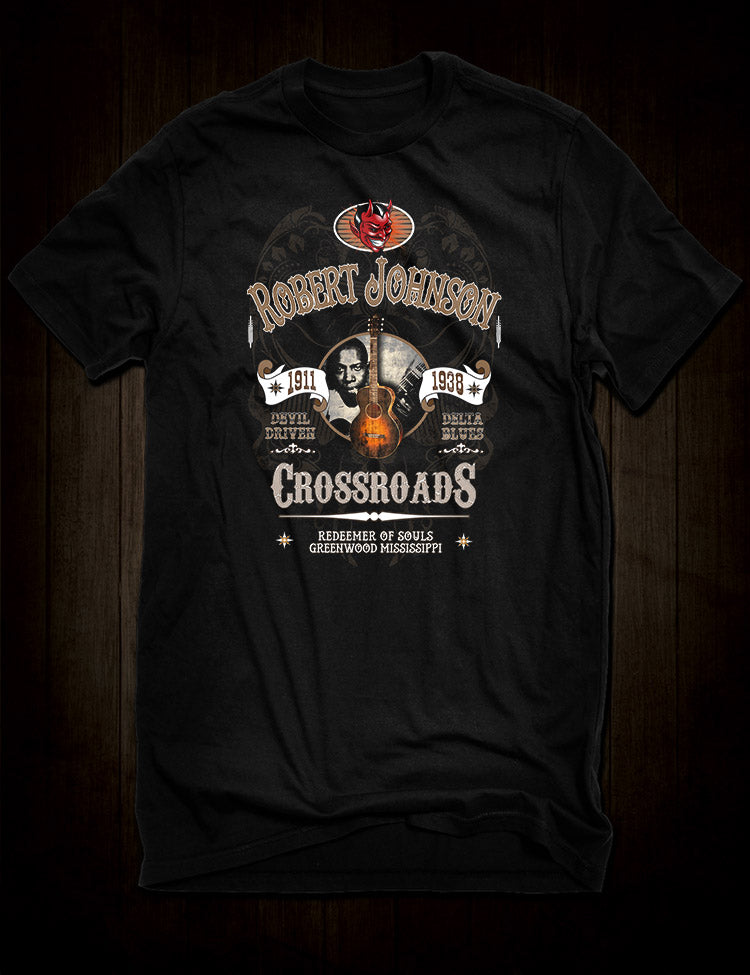
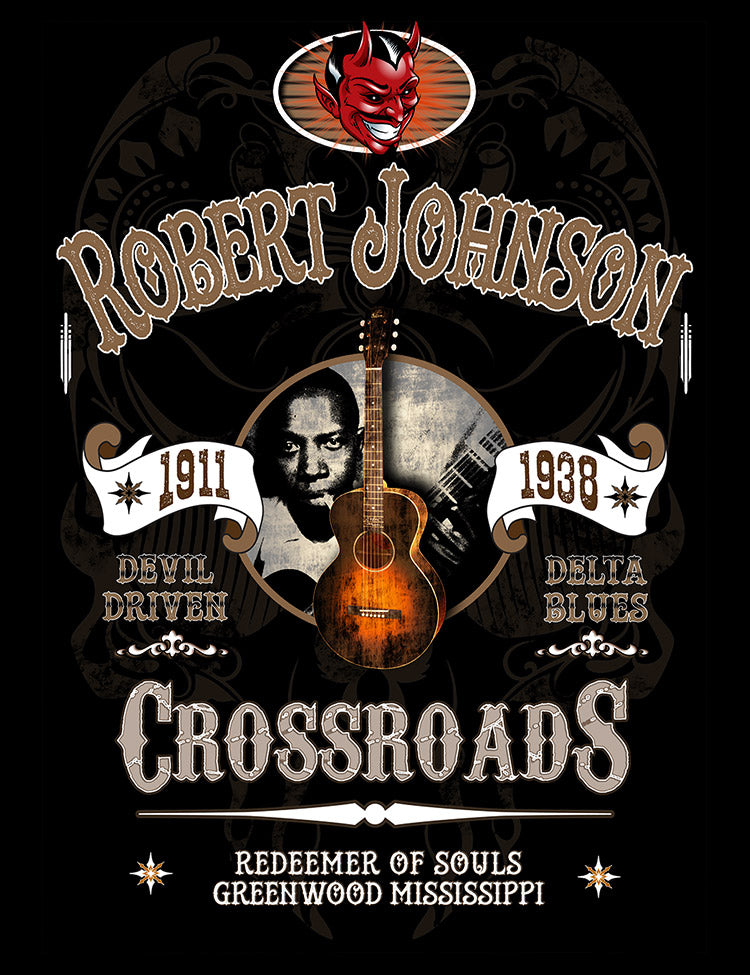


1 Comment
Old form of affirmative action.